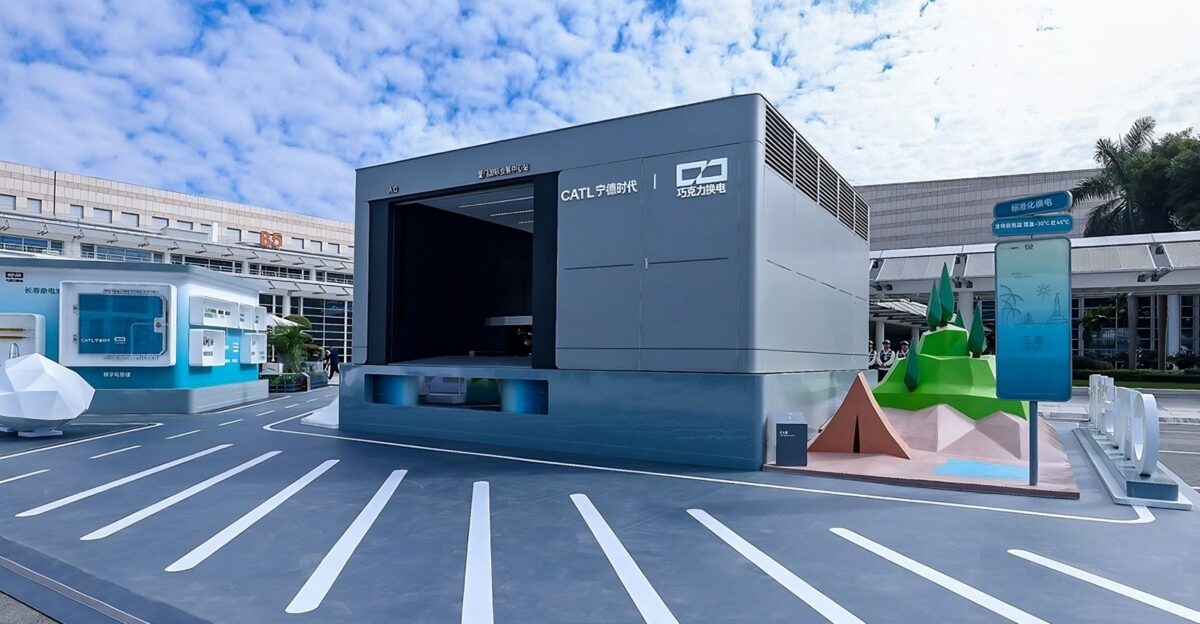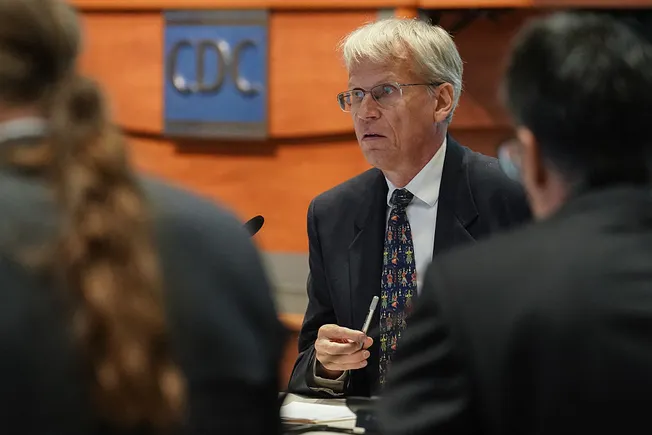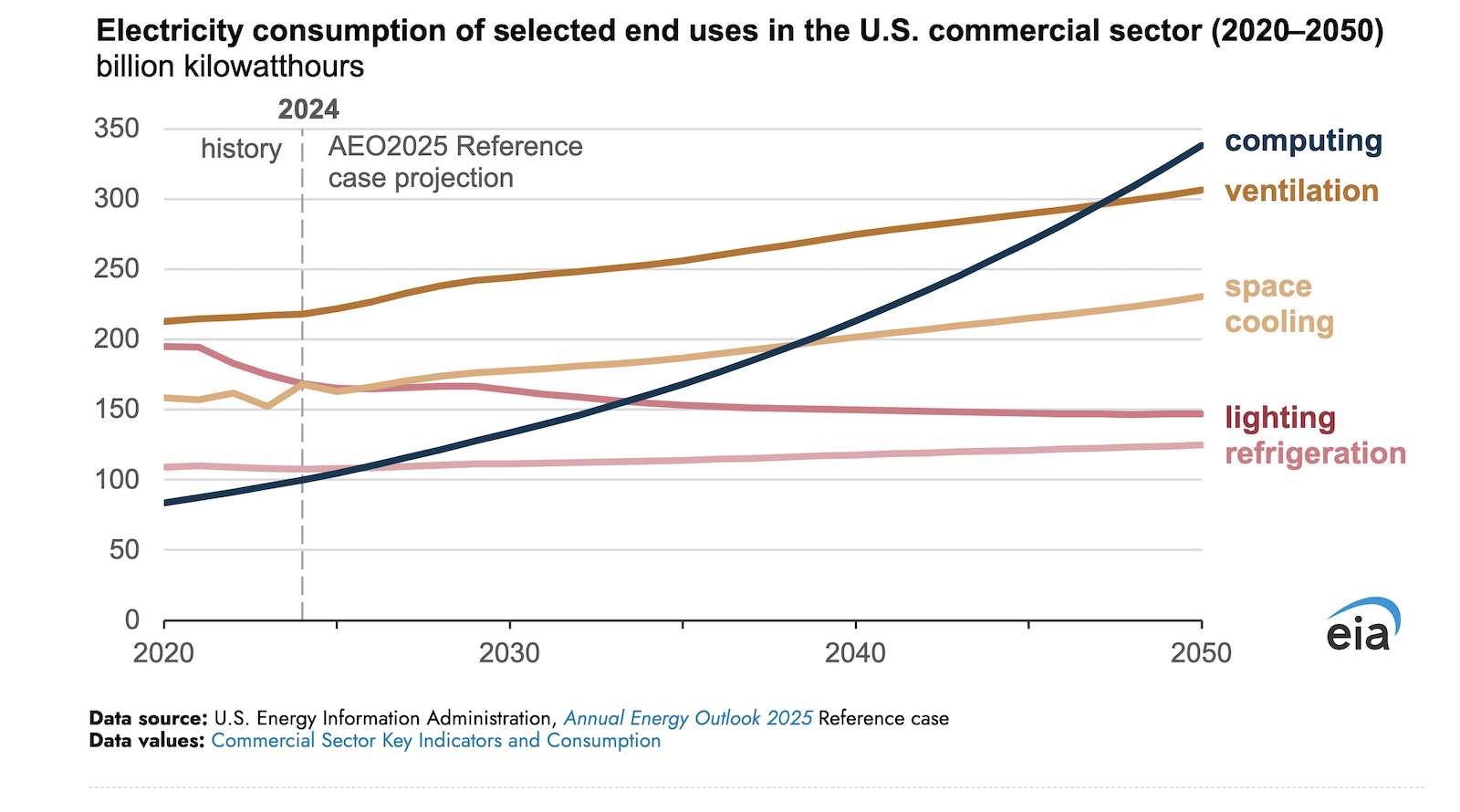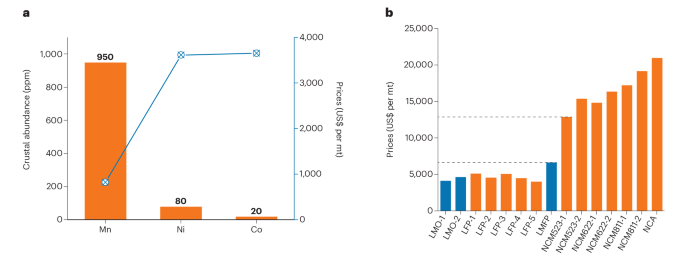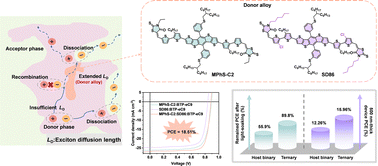3 Questions For Another Court Access Crusader (Part I)
The RECAP Archive gets a major enhancement. The post 3 Questions For Another Court Access Crusader (Part I) appeared first on Above the Law.


Last fall, this readership and I were fortunate to hear from the head of the Free Law Project (FLP), Michael Lissner. FLP is a nonprofit that brings innovation and equity to the legal ecosystem through a host of open tools and data including CourtListener, the RECAP Suite, and Bots.law. As I noted in my interview with Michael, “These platforms, alongside their numerous open-source tools for data collection and analysis, empower millions of users — from journalists and academics to everyday Americans.” (I continue to encourage those interested to reach out to FLP with inquiries about how to support their efforts.) In that interview, I asked Michael about FLP’s continued development of new tools that can advance FLP’s mission of expanding legal access for all. At the time, he reiterated FLP’s commitment to “to open-source development and privacy,” alongside the goal of increasing the usability of FLP’s tools for the general public, including by integration of AI-driven capabilities such as “AI-powered search tools.”
With such a commitment to continued innovation, it is no wonder that less than a year from my interview with Michael we can now discuss a major enhancement to one of FLP’s best-known offerings, the RECAP Archive in CourtListener. Helping us understand this new feature launch will be Stephanie Taube, a product manager and user researcher contributing to FLP. Stephanie has prior experience as director of product at an AI startup, and as a research fellow at Harvard University. She holds a master’s degree in public policy from the University of California, Berkeley.
I very much welcome the opportunity to share Stephanie’s insights with this audience. As usual, I have added some brief commentary to the answer to my first question below, but have otherwise presented her answer as she provided it.
Gaston Kroub: Tell us about Free Law Project’s newest feature launch. Why is it a gamechanger?
Stephanie Taube: On June 18, we launched RECAP Search Alerts for PACER. The RECAP Archive in CourtListener is the biggest open collection of federal court data on the internet. For years, our docket alerts have enabled users to track existing federal dockets. Now, with search alerts for RECAP, users can set alerts for specific keywords, receiving a notification whenever there’s a match in a new PACER case or filing. This allows users to follow topics, organizations, people, and lots of other things. For example, a lawyer may want a notification when their client is sued, or when there is a new case with a particular nature of suit code.
This feature has been on our backlog for eight years, so we’re really excited to be launching it. We think it will be hugely powerful for attorneys, journalists, and more. Our commitment to providing free, public access to primary legal materials means we make five daily alerts available to every user at no charge. As far as we know, we’re the only organization providing this type of service for free.
GK: It is hard to overstate just how helpful FLP’s newest innovation can be for those concerned with goings on in the federal court system. As an IP litigator who currently has docket alerts set for dozens of active cases, the additional functionality now on offer from FLP — for free, no less –- will only enhance my ability to track issues of interest across a wider swath of active cases. Moreover, in a fast-moving field like patent litigation, the ability to receive alerts when issues of interest are addressed by courts around the country can provide a critical edge to practitioners, so I expect to see rapid uptake of FLP’s new tool by the IP litigation community.
Likewise, I can see a lot of value for those interested in legal topics that have resonance across different practice areas. What comes to mind would be something like an alert setting for all decisions in federal cases where the court deals with issues relating to litigation finance, for example. Rulings on discoverability of funding arrangements or disclosure obligations relating to funding can have cross-disciplinary impact, making FLP’s new tool a powerful addition to the arsenal of those hoping to remain on the cutting-edge of fast moving legal developments. All in all, it will be very interesting to see how users decide to utilize this new tool. We should also commend the team at FLP for again delivering a tool that promises to increase access to the court system for us all.
I will continue with Stephanie’s answers to my remaining two questions next week. In the meantime, please take the opportunity to sign up for CourtListener and RECAP.
Please feel free to send comments or questions to me at gkroub@kskiplaw.com or via Twitter: @gkroub. Any topic suggestions or thoughts are most welcome.
Gaston Kroub lives in Brooklyn and is a founding partner of Kroub, Silbersher & Kolmykov PLLC, an intellectual property litigation boutique, and Markman Advisors LLC, a leading consultancy on patent issues for the investment community. Gaston’s practice focuses on intellectual property litigation and related counseling, with a strong focus on patent matters. You can reach him at gkroub@kskiplaw.com or follow him on Twitter: @gkroub.
The post 3 Questions For Another Court Access Crusader (Part I) appeared first on Above the Law.




















